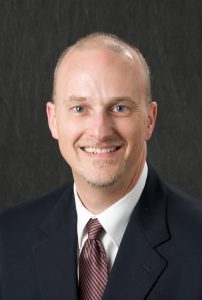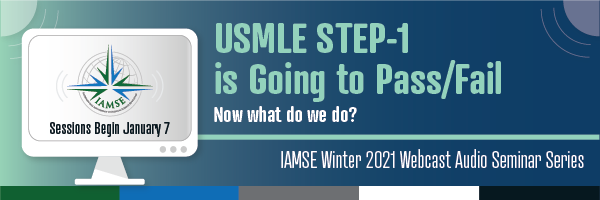This month the IAMSE Publications Committee review is taken from the article titled Reviewing the Role of Instagram in Education: Can a Photo Sharing Application Deliver Benefits to Medical and Dental Anatomy Education?, published online in Medical Science Educator, (July 2019), by Naomi Katherine May Douglas, Max Scholz, Matthew Alex Myers, Shivani Margaret Rae, Ahmad Elmansouri, Samuel Hall & Scott Border .
Douglas and colleagues conducted an audit investigating current Instagram accounts focusing on anatomy education and found a variety of successful teaching styles. Their work was a collaboration of the University of Bristol, Brunel University London, University of Southampton, and Southampton General Hospital, all of the UK.
With reduction in curriculum time devoted to anatomy education, faculty have begun to incorporate social media such as Facebook, Twitter, YouTube, and Instagram. While these various forms of social media have advantages (e.g., encouraging collaboration/revision, creating enthusiasm, providing quick feedback, and sharing other media easily), they also have disadvantages (e.g., distraction, privacy/safety, need for constant instructor engagement, potential professionalism issues, and possibly no impact on student performance). The authors recognized that Instagram in particular is ultilized more and more by students and thus decided to review its role in medical and dental anatomy education.
Instagram, which was launched in 2010, allows users to share photographs and short videos and to browse images shared by others very easily, expressing comments about and approval of those images. Instagram has become particularly useful for image-based disciplines such as radiology, surgery, pathology, and of course anatomy/histology. The strength of this article is its Instagram evaluation, which was conducted in the fashion of a literature review. Using keywords (e.g., anatomy education, dentistry, medicine, etc.), they discovered and categorized 80 anatomy-related Instagram sites according to search code, page title, date of first post, number of posts, country of origin, discipline/subject area, content type, number of followers at two different points in time, profit status, institutional vs. individual, and staff vs. student.
The authors conclude that Instagram could be helpful for anatomy education in medicine and dentistry due to benefits such as ease of use, hashtags, and effectiveness in conveying visual topics. They also point out, however, that there is a lack of performance data to determine a true impact on education, and they indicate that there are limitations such as passive learning and the requirement of committed staff to oversee the use.
This paper presents an excellent comparison of Facebook, Twitter, YouTube, and Instagram and in a very detailed fashion describes utilization of Instagram in anatomy education in medicine and dentistry with a discussion of pros and cons of its use.
Kurt Gilliland, PhD
Associate Dean of Curriculum
Associate Professor of Cell Biology and Physiology
University of North Carolina School of Medicine
Member, IAMSE Publications Committee

